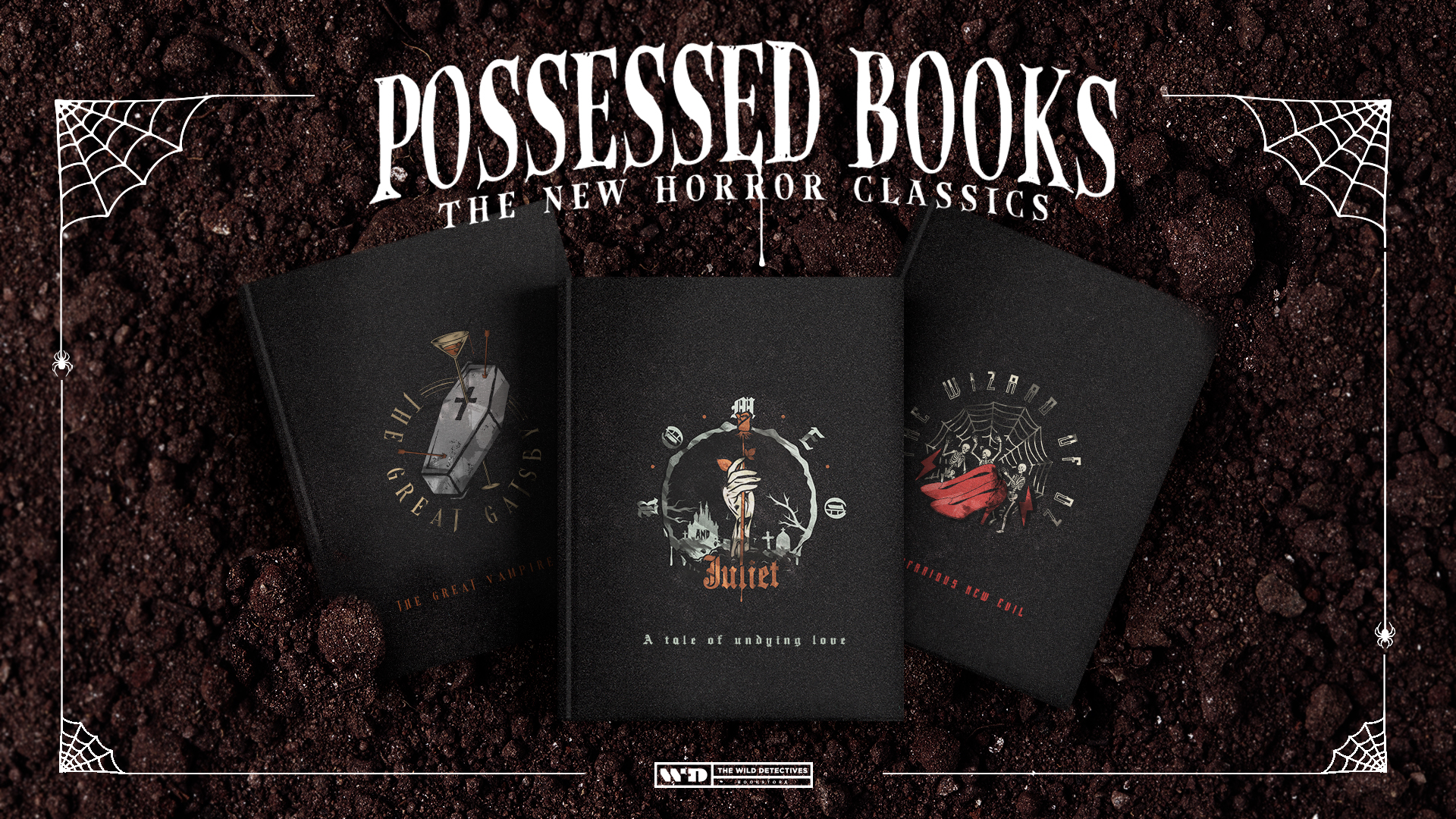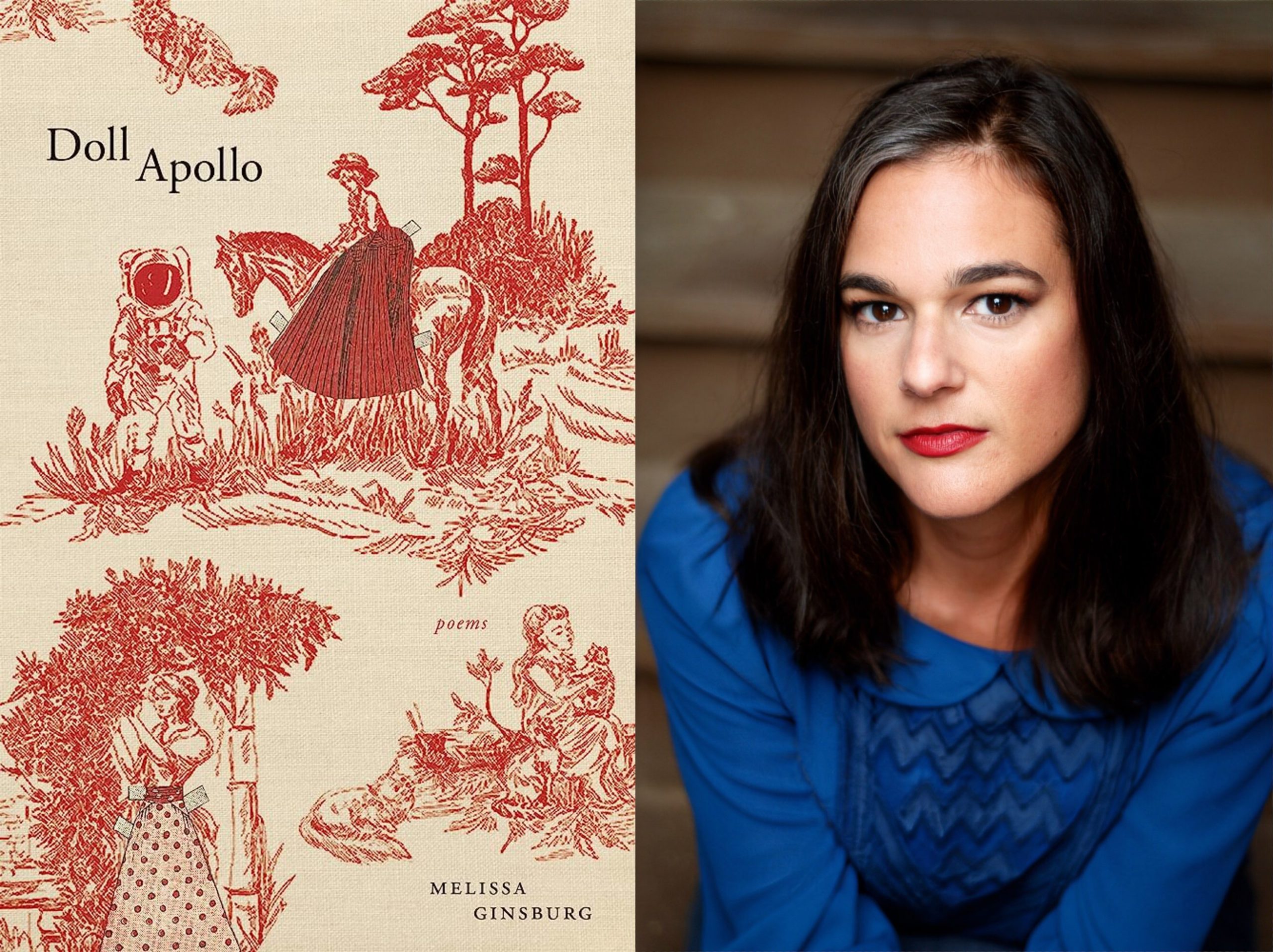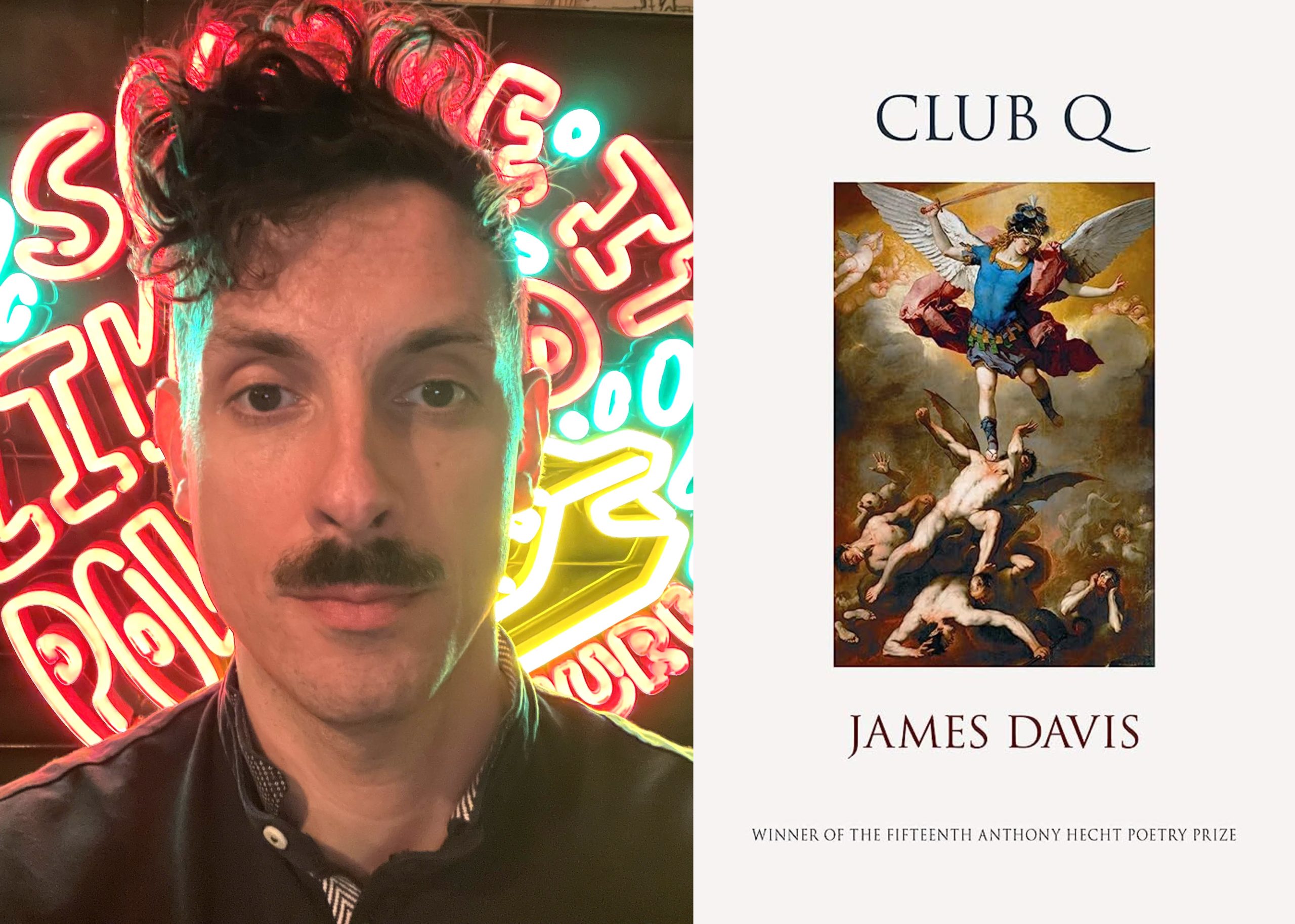“The Necklace” by Guy de Maupassant.
If anyone ever captured the acute, poetic act of feeling, it is Guy de Maupassant, the short story master of the French literary tradition. The Necklace, one of my favorite stories, is famous for its M. Night Shyamalan-esque twist ending, but those who focus on the gimmicky ending tend to dismiss Maupassant’s true achievement: his creation of Madame Loisel, the heroine—or anti-heroine? —of this piece who learns to live.
Mathilde is the most beautiful, the most graceful, the most charming woman of the French bourgeoisie, yet she is a Debbie Downer if we ever saw one. The root of her unhappiness (which frankly borders on clinical depression) is—get ready for it! —her terribly middle class status. Homegirl shops at Target, vacations in Destin, Florida, and decorates her apartment with IKEA furniture.
Oh, hell naw.
She deserves more, and she knows it. We know it. She so much longs to “be envied, be fascinating, and sought after,” Maupassant’s unbiased narrator tells us. She is a Kardashian long before there is a Kanye, which most readers are unwilling to forgive. Everyone seems to be in agreement: Madame Loisel deserves her disastrous fate.
We all know the story. She wants a designer dress, she wants a diamond necklace, she wants to shine bright like a diamond, Rihanna-style, among 19th century Parisian society.
And she gets it all! For one sweet, ephemeral moment, she gets it all. Momentarily, she lives the kind of life that she’s always wanted to live, a life where one doesn’t merely wake up, carry out the daily motions of life, go to sleep, and then repeat the cycle all over again the following day. No, no. Her life becomes a perpetual “drunken state” where at every corner of the hour she finds ecstasy.
It’s an enviable way to live. Except, there’s also a certain fear that comes with that—a fallacy, really. One desires to live in ecstasy, but one feels it impossible to sustain such a life. Madame Loisel is not concerned with fallacies. Why should she?
Consequently, inevitably, just as dramatically as she obtains it all, Madame Loisel dramatically loses it all—tenfold. Here is when the majority of readers rejoice. After all, the most exciting part about witnessing a starlet’s rise is seeing her imminent fall from grace.
However, even in poverty, Madame Loisel shines. She embraces her poverty the way few, who have never known poverty, would. She feels it acutely in her bones, in her chipped fingernails, because it’s new—never rejecting it but rather finding solace in it. Is there a more tragic scene than when Mathilde, devoid of designer dresses or Harry Winston jewelry, “clad like a peasant woman, basket on arm, guarding sou by sou her scanty allowance, [bargains] with the fruit dealers, the grocer, the butcher, and [is] insulted by them”?
That, mes amies, is a heroine if I ever saw one, a heroine who’s determined to endure.
Madame Bovary by Gustave Flaubert.
Many might be left scratching their heads skeptically at the inclusion of Madame Bovary as an example of how to live since Flaubert’s practically impeccable novel is largely considered to be a cautionary tale against the evils of greed and materialism.
I disagree. Somewhat.
Emma Bovary, beautiful but inherently pathetic Emma Bovary, is the original social media user. No new muslin curtain can be purchased without first being posted on Instagram. A sip of Spanish wine cannot be sipped without producing a Tweet, commenting on its superiority over Rhine wine. And of course, no trip to the Parisian opera can be complete without a proper check-in on Facebook.
Emma lives her life publicly because she is perfectly aware that she’s fundamentally devoid of a private one. She fills her existence with extravagant luxuries, those capable of producing envy even among the most successful of high school and college acquaintances. Contrarily to popular belief, Emma Bovary is not delusional; she understands that there’s more to life. She too longs the way Madame Loisel longs—but for something deeper, and more meaningful, and more romantic—in the Wordsworthian romantic sense.
Don’t we all?
As a result, she does something about it. And that, dear skeptic, is notably brave. Most of us recognize that we are trapped in a rote, banal existence, but how many of us break through that powerful inertia, that inertia that carries us, glacially, to our overarching fate?
Emma wants to overpower that tragic inertia. And eventually she fails. But man! What a way to fail.
Thus, she enters into not one, not two, but three intense, and intensely catastrophic, affairs. (I count the business alliance with the manipulative, skeezy Monsieur Lheureux as a type of affair as well.) While I certainly don’t condone adultery, I certainly understand her motives. A life of disquietude must be placated.
Therefore, it is through Emma’s moral descent that Flaubert allows us to experience–dizzily, erratically, addictively—what it feels like to be “mystical and joyful, garrulous, taciturn, fiery, casual.”
We are horrified—but curious—when Mrs. Charles Bovary allows herself to be seduced—or is she the seducer? —by Rodolphe Boulanger de la Huchette.
We are aghast—and titillated—as Emma and her youthfully reckless lover, Leon Dupuis, engage in the most raucous, sexually-explosive carriage ride through the streets of Paris in all of literature.
We are disgusted—yet sympathetic—when Emma, in a last gasp for breath, offers herself to the lecherous Lheureux as a form of payment (I mean: by then, why not?).
And lastly, we are stunned—but ultimately approving—when Emma desperately reaches for the infamous bottle or arsenic because, if one is to go out, one should go out in style, with flair.
Even though Emma Bovary is repudiated by readers worldwide, we must thank her. She is a conduit for us to live our unspeakable desires, our most neglected passions. Flaubert teaches us that, if our lives are to be doomed, we must drain and deplete what little joy we can while we can.
Ultimately, that is what the French literary greats bestow us: the encouragement to live with urgency so as to overpower the tragic inertia of life. In the end, to live la vie en rose is not enough; one must live la vie avec le désir.
And if we try, and we try hard enough, we just might, unlike Mathilde and Emma, we just might in fact succeed.






